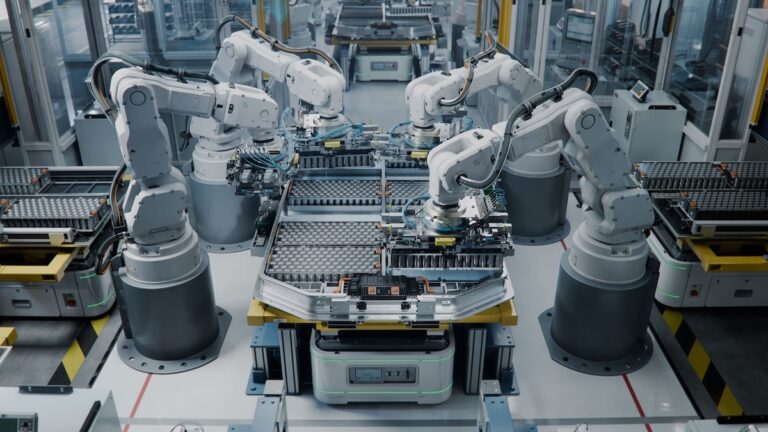On March 12, 2025, Sweden’s Northvolt, once heralded as Europe’s battery champion for electric vehicles (EVs), declared bankruptcy. This collapse has sent shockwaves through the European automotive sector, especially the already struggling electric car market, which faces fierce competition from American and Asian giants.
Northvolt’s Ambitious Journey Turns into a Fiasco
Northvolt, founded in 2016, had an ambitious vision. The company aimed to produce large-scale batteries for European car manufacturers, reducing the continent’s reliance on Asian and American battery makers. With high-profile financial backers like Volkswagen, BMW, and Goldman Sachs, the company seemed poised for success.
However, despite securing more than €10 billion in investments, Northvolt couldn’t scale up quickly enough to offset its production costs. In June 2024, BMW confirmed the inevitable by ending a contract worth €2 billion, a blow to Northvolt’s already shaky financial foundation. In an attempt to right the ship, the company filed for Chapter 11 bankruptcy protection in November 2024, hoping to restructure its massive €8 billion debt. Yet, investors—spooked by the company’s mounting losses—pulled back. On March 12, 2025, Northvolt admitted defeat and filed for bankruptcy.
A Major Blow for the European Automotive Sector
The consequences of Northvolt’s failure extend well beyond the company itself. Several strategic industrial projects, including factories planned for Canada, Germany, and Gothenburg, Sweden—set to partner with Volvo—have been scrapped. These facilities were meant to help Europe secure part of its own battery production, aiming to reduce dependency on dominant players in China and South Korea, who currently dominate the market.
The social impact is equally severe. Northvolt had already announced the loss of over 16,000 jobs in September 2024, a quarter of its workforce. Now, the bankruptcy means the closure of its Skellefteå gigafactory in northern Sweden, which was expected to rival Tesla’s gigafactories, and the layoffs of another 5,000 employees.
Europe’s Battery Goals Now in Jeopardy
Northvolt’s failure marks a significant setback for Europe’s automotive industry, which has been struggling to gain ground against its Asian counterparts. Northvolt was intended to be the cornerstone of Europe’s industrial revival and its goal of producing 25% of the world’s batteries by 2030. With the company’s collapse, that ambitious target now seems increasingly out of reach.
In the wake of Northvolt’s bankruptcy, European automakers are left grappling with market fluctuations, which could ultimately make their electric vehicles less competitive. The European automotive sector, already under pressure to meet the European Commission’s 2035 environmental goals, now faces an even greater threat: losing control over its battery supply chain, a crucial element in its transition to sustainable energy.
This development underscores the challenges Europe faces in securing its position in the green technology race. With growing pressure on automakers and the potential disruption in their battery supply, the future of Europe’s automotive industry hangs in the balance.





